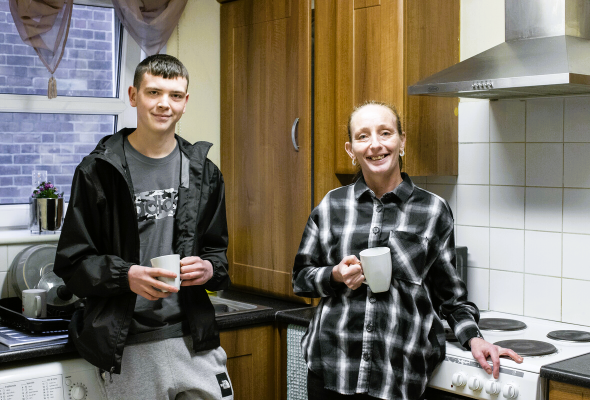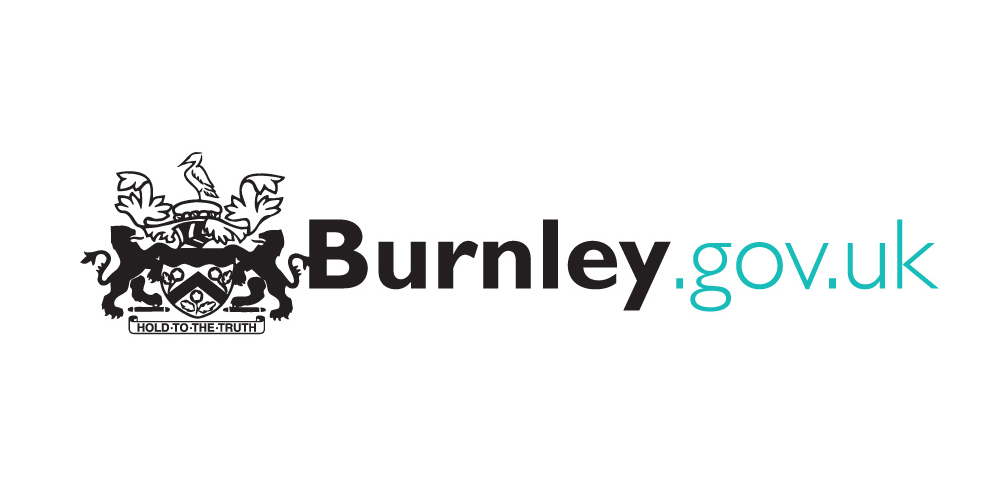According to new data released today from St Martin-in-the-Fields Charity, the UK-wide homelessness charity, the majority of frontline workers in the North West supporting people experiencing homelessness have seen the demand on services increase dramatically in the last year, with 81% of respondents reporting an increase in demand for their services. Worryingly, around half (51%) of homelessness workers report their ability to prevent future homelessness has also decreased.
One of the biggest challenges workers on the frontline in the North West face in tackling homelessness is the housing crisis. An overwhelming 91% of staff reported they find it difficult or very difficult to find suitable accommodation for the people they are trying to support, with particular challenges trying to find suitable accommodation for children, those trying to move away from abusive family members and those experiencing multiple challenges.
The Charity’s 7th annual UK-wide survey of frontline workers is being published against the backdrop of high and rising homelessness with nearly a hundred thousand (94,560) households approaching local authorities for help in England between January and March 2024.
According to St Martin’s Charity, while people become homeless for different reasons, key to helping them find a way out is the advice and guidance of a trained support worker. However, these frontline workers are themselves under huge pressure, with their own health and wellbeing impacted.
A worrying 83% of staff in the North West said they feel at risk of burnout and 74% report their role has a negative impact on their wellbeing. Homelessness workers are affected by high living costs too. Just over half (52%) of staff said they were struggling to pay their bills at least some of the time and 38% struggled to pay their housing costs. Alarmingly, the data shows a significant number of homelessness sector workers are themselves also at risk of homelessness – a staggering 26% are worrying at least sometimes about becoming homeless.
According to St Martin-in-the-Fields Charity, this underlines the need for action:
1. to raise incomes and tackle the cost of living, including to help frontline workers reduce their own costs and improve their wellbeing – the announcement that homelessness sector workers will be eligible for the Blue Light Card will help with this;
2. to deliver a step-change in the supply of affordable rented housing and specialist accommodation and in benefit levels to pay for it to both prevent and help people move on from homelessness;
3. to ensure sustained investment in homelessness services so the right support is available across the UK to prevent and resolve homelessness and so services are able to pay fair wages to recruit and retain skilled staff.
Commenting on the survey, Duncan Shrubsole, Chief Executive Officer, St Martin
in-the-Fields Charity said:
“With the stark reality of an ever-increasing number of people experiencing homelessness across the North West, the role of frontline workers to prevent and resolve it is more important than ever. The findings of this survey capture starkly the challenges homelessness workers are seeking to overcome and the struggles they themselves face trying to make ends meet.
“Tackling homelessness is everybody’s business and we need to see concerted steps by the Government and all of the new devolved administrations across the UK. Rapid action is needed to increase the supply of rented housing and specialist accommodation and to ensure it is affordable and available to those experiencing or vulnerable to homelessness.
“We also need to see sustained investment nationally and locally in vital homelessness support services – short term contracts and squeezed budgets have a knock-on effect on pay and conditions and the ability to recruit and retain skilled staff. It’s unacceptable that frontline staff are themselves at risk of experiencing the homelessness they work so hard to pull others out of. Whereas good services with effective and motivated staff are key to reducing the costs and misery of homelessness”
A frontline worker from Streetlife in Blackpool said:
“Over the last 18 months demand for our services has increased, especially in our emergency 8 bed night shelter. The night shelter has historically always had an occupation rate of approximately 75%, and in 2023 this grew to 90%. It is on track for 98% in 2024. This means that on occasion there are more young people needing a safe place to stay than beds we have available.
“We desperately need more affordable social housing which hopefully after recent government announcements and having spoken to our local MP is in the pipeline, but it is going to be a long journey after over a decade of austerity. A lack of funding for youth services has also resulted in a generation of early adults with complex needs requiring extra support in meeting their own basic needs to be able to live independently, this takes time and a trauma informed approach”.
The impact of frontline staff is clear from those experiencing homelessness in the North West. Chrissy secured a place to live through a Vicar’s Relief Fund grant from St-Martin-in-the-Fields after her release from prison five years ago meant she was at risk of being homeless. Determined to start over, Chrissy had enrolled in a catering course while in prison. When she was released, Sophie, a support worker at The Clink, was instrumental in helping Chrissy find both a job and a home. Very soon Chrissy had a job interview and was viewing properties. Chrissy nailed the interview, and with a £350 grant from the Vicar’s Relief Fund, managed to secure a flat.
Chrissy said: “It’s down to Sophie really, it really is. She bent over backwards to help me. There were some points when I was really low. Coming out I didn’t know if I was going to have somewhere to live, a job, and she’s just really given me the kick start because I’ve got further faster than I would have done without her. She’s been amazing, she really has. I honestly believe from my heart that if I hadn’t got the home and the help from yourselves, I probably would have gone down the drug route again. These past five years would have been totally different, I could have even been dead. I’m so happy just to have a roof over our head, because a lot of people get out of prison and they just haven’t got that.”


















